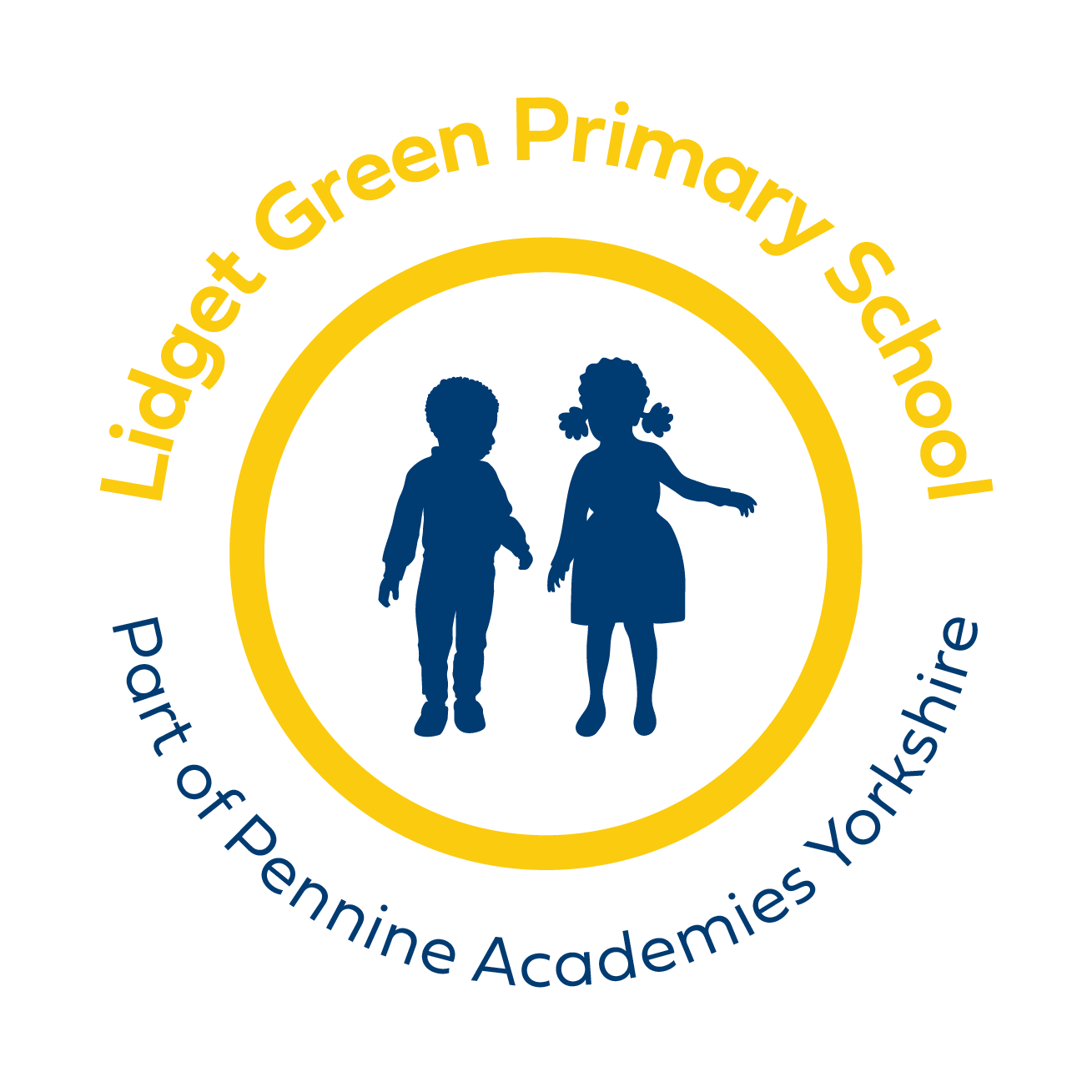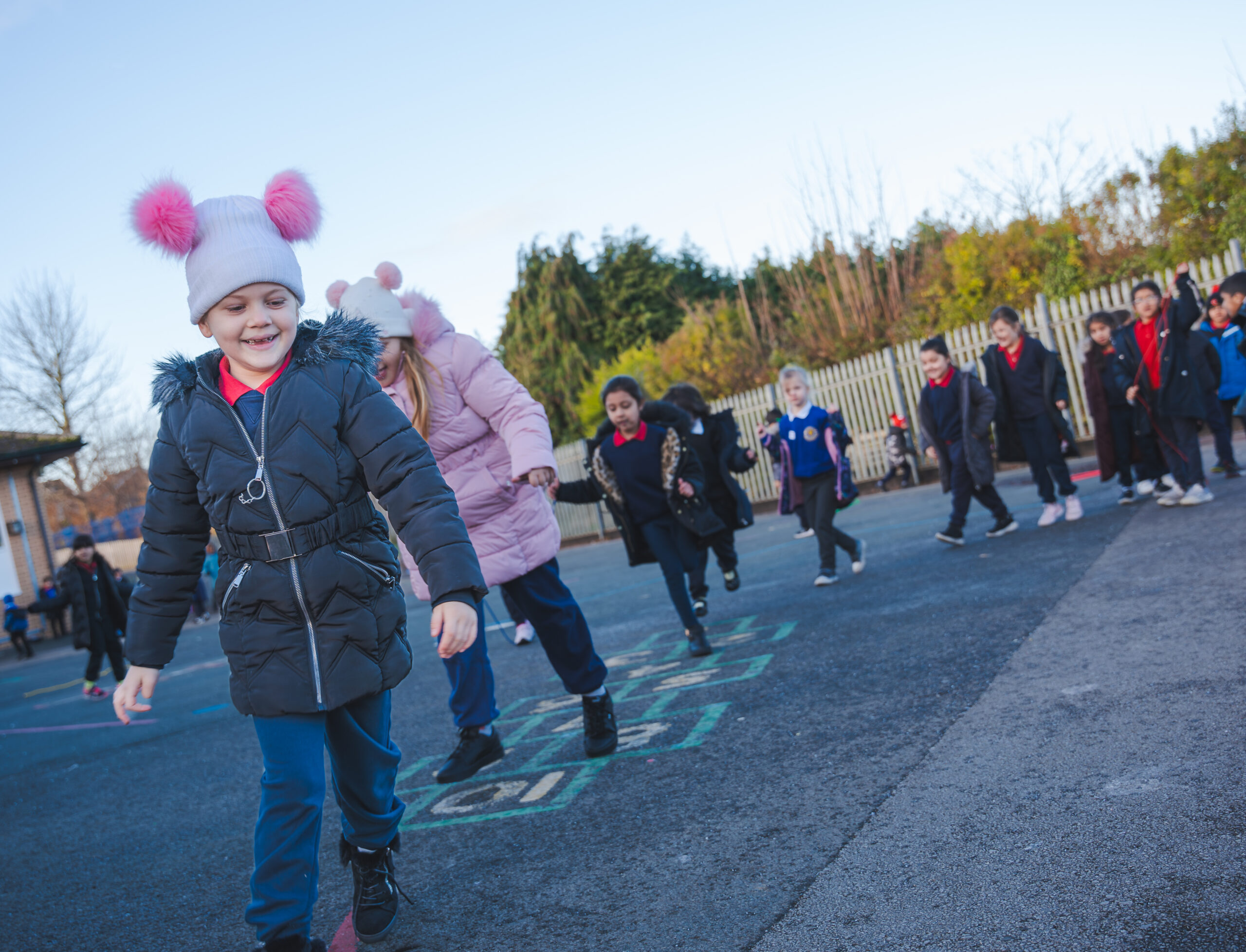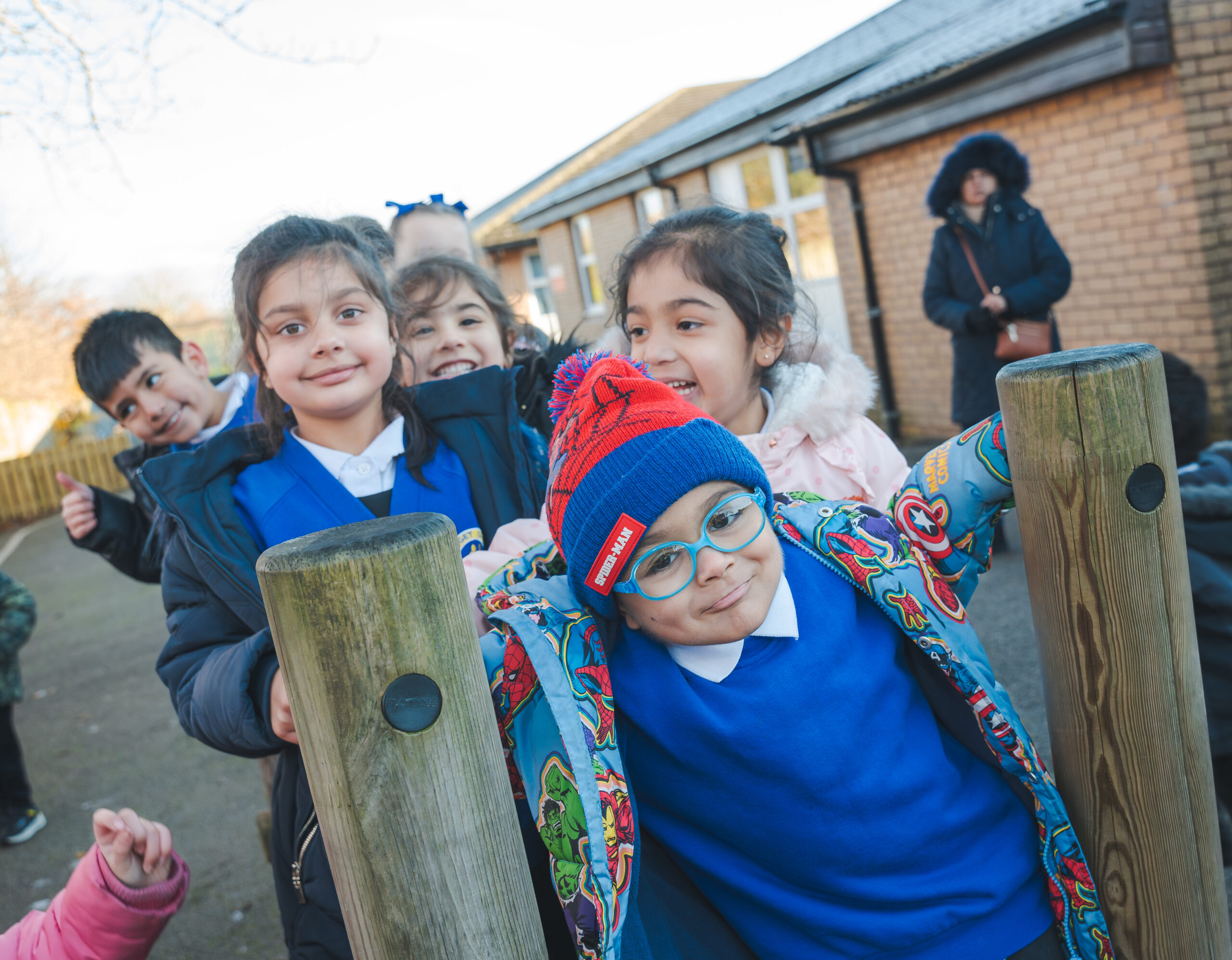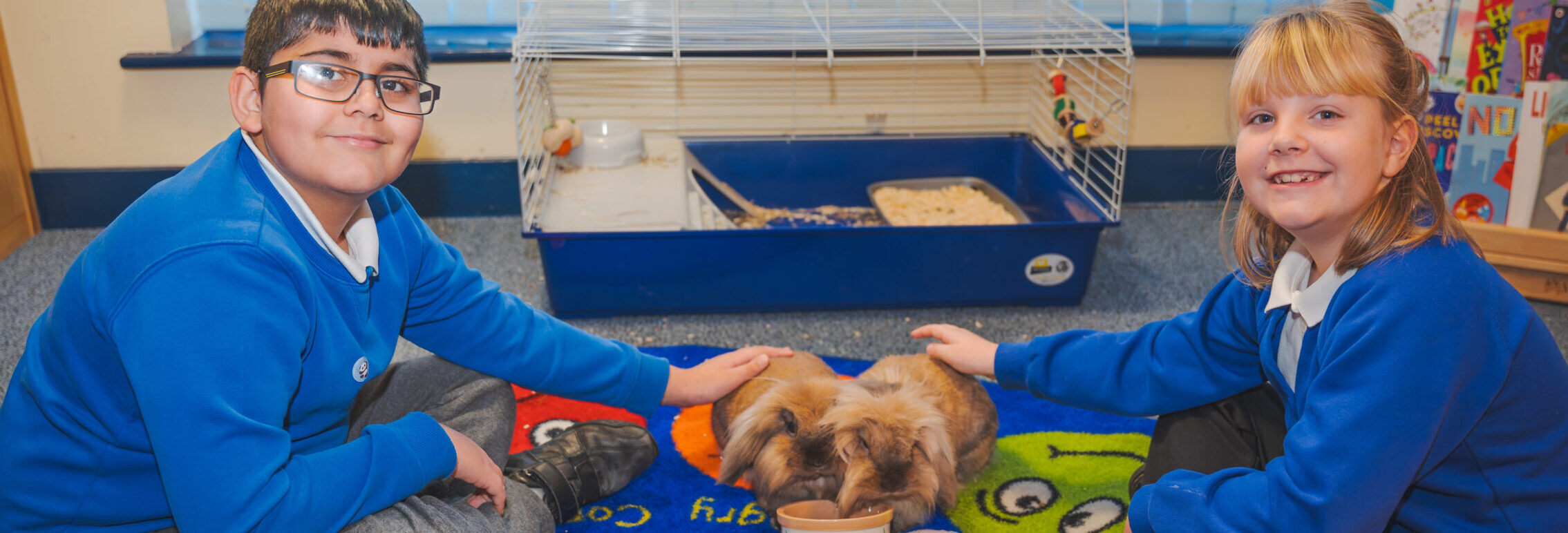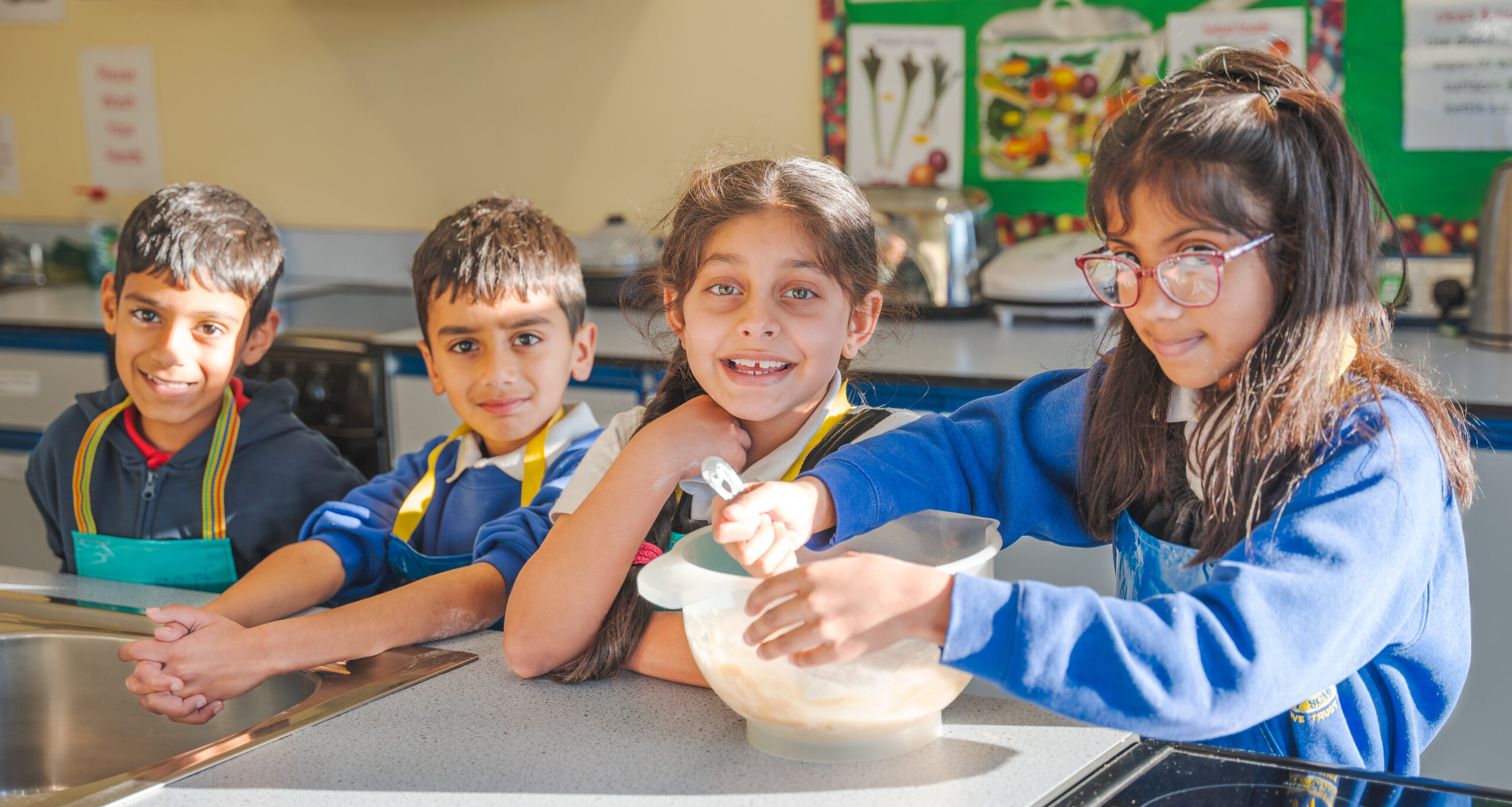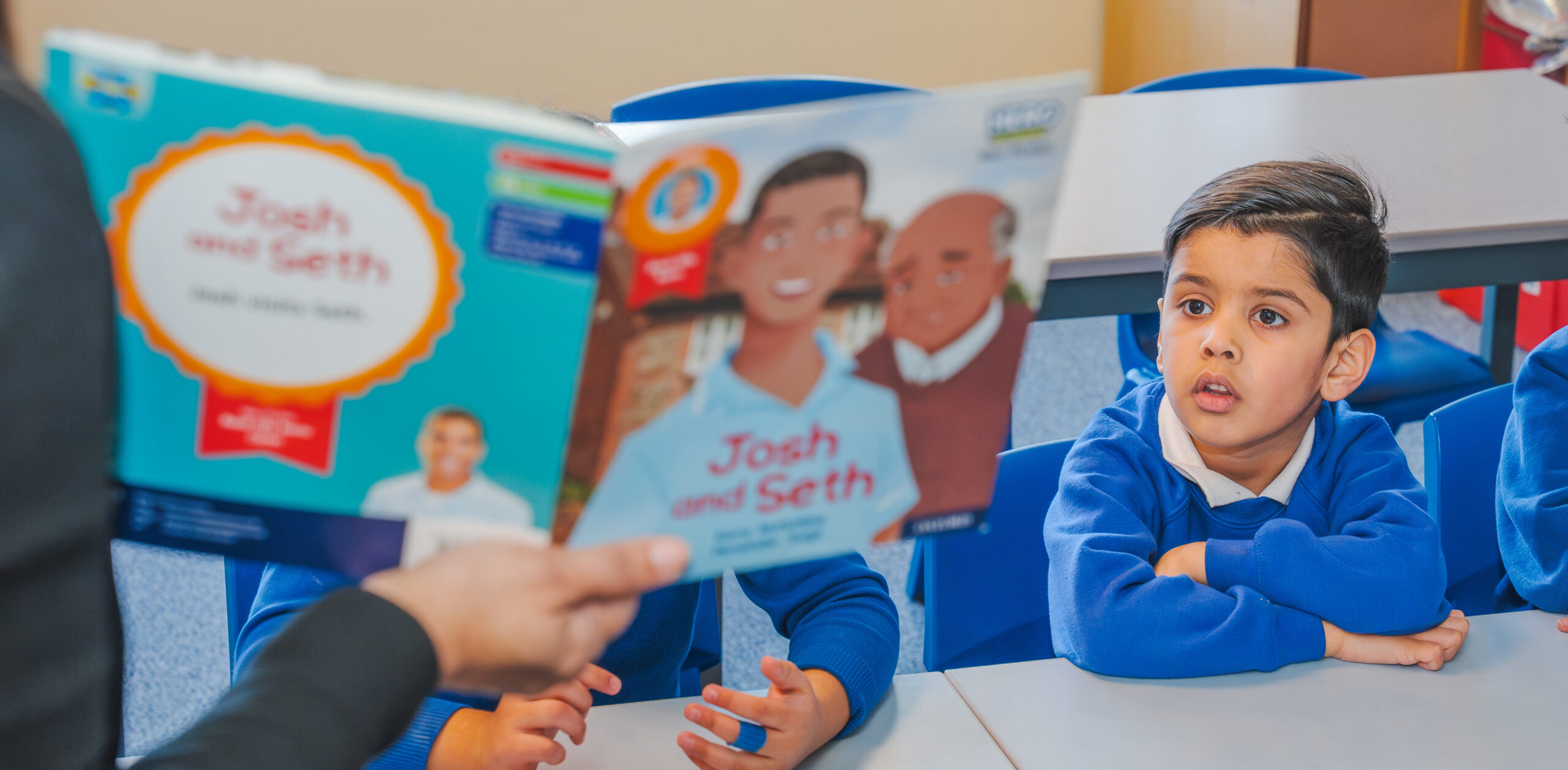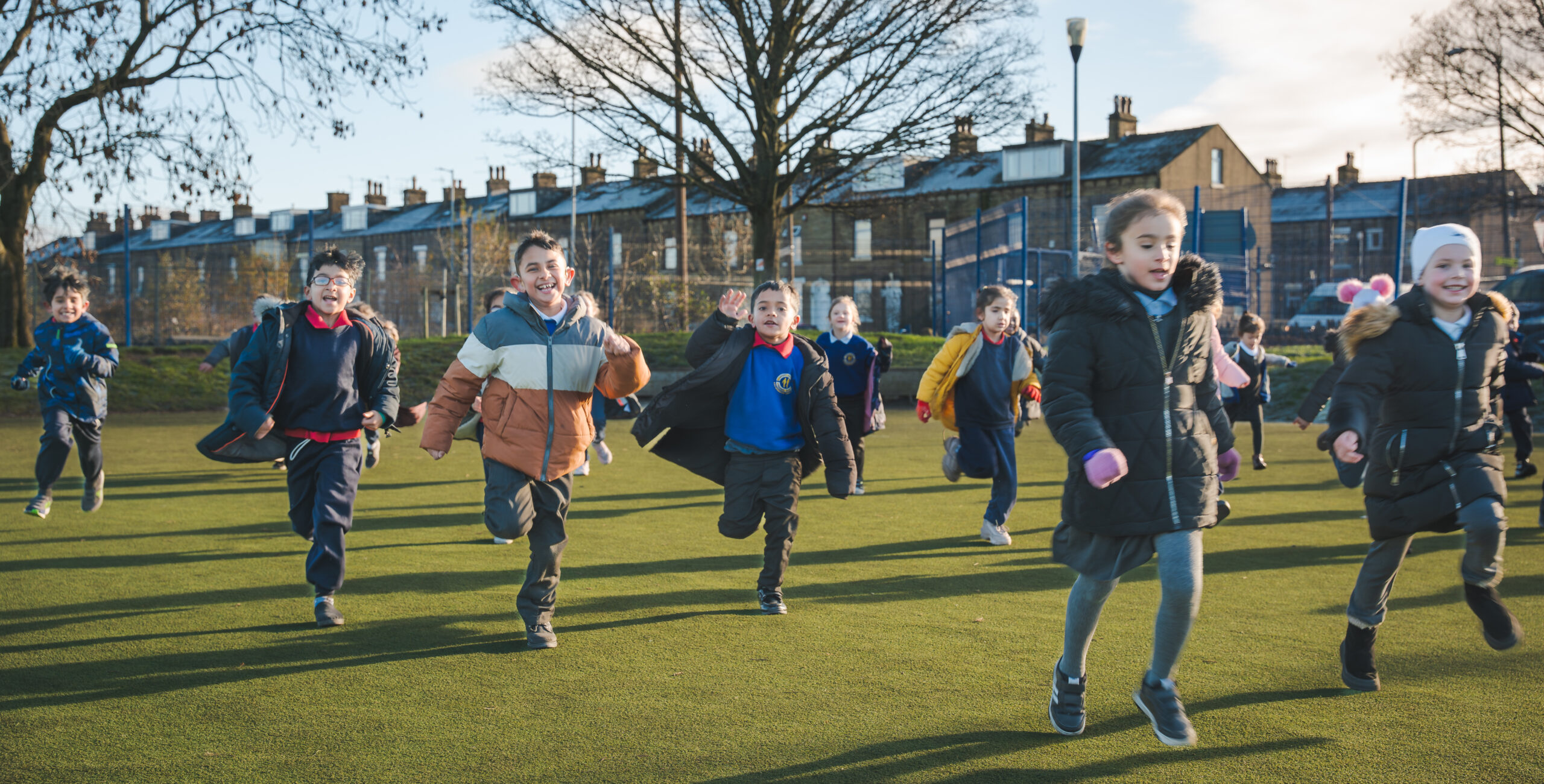English
At Lidget Green Primary School, English is at the heart of everything we do. It gives children the tools they need to make sense of the world, communicate with confidence, and express who they are. Through speaking, listening, reading and writing, children learn how to share their ideas, ask questions, explore emotions, and connect with others.
We believe that a strong foundation in English not only supports academic success but also builds confidence, imagination, and resilience – skills that will help children thrive in school and beyond.
Through our English curriculum, we aim to open doors for every child – helping them to find their voice, discover the joy of reading, and develop the language skills they need to succeed in life.
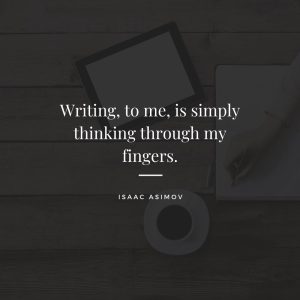
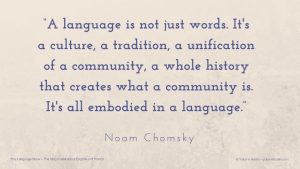

Our Aims for Every Child
We want every child to:
- Enjoy and understand a wide range of books and stories
- Speak clearly and listen respectfully
- Read fluently and with understanding
- Write creatively and with accuracy
- Develop a rich and adventurous vocabulary
- Express themselves with confidence and purpose
A Love of Reading and Diverse Texts
We are passionate about books and stories. Our reading curriculum is built around high-quality texts that reflect the rich diversity of our world. Children read about characters from many backgrounds, explore different cultures, and encounter a range of voices and viewpoints.
From traditional tales and classic literature to modern stories that challenge stereotypes, our texts are carefully chosen to help children build empathy, broaden their thinking, and develop a life-long love of reading.
English Across the Curriculum
Strong English skills help children succeed in every subject. Whether they are explaining their ideas in science, writing a diary entry in history, or reading instructions in maths, language and literacy are key.
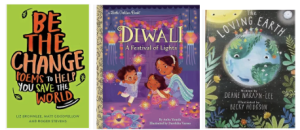
English also plays a vital role in children’s personal development. Through drama, discussion, and creative writing, children learn to:
- Share their thoughts and feelings.
- Take pride in their work.
- Build confidence in presenting to others.
- Think critically and question the world around them.
An Inclusive Approach
We believe every child can succeed in English, and we tailor our teaching to meet the needs of all learners. To support inclusion:
- We use Widget symbols to help children understand new vocabulary and concepts.
- We use pre-teaching to give children a head start with new texts or themes.
- We offer high-quality scaffolding and adult support, so everyone feels confident to join in.
- We select books and resources that represent a wide range of backgrounds, needs, and life experiences.
Our Approach to Teaching English
At our school, English is taught through high-quality daily lessons that are engaging, inclusive, and designed to help all children become confident speakers, readers and writers. Our teaching is based on the National Curriculum and supports every child to succeed – whatever their starting point.
Early Reading and Phonics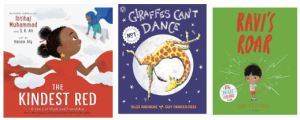
Learning to read starts in the early years, where we follow the Little Wandle Letters and Sounds programme.
- All children take part in daily phonics sessions from Reception.
- Children read books matched to their phonics knowledge three times a week to build fluency, expression and confidence.
- For children who need extra help, we offer daily ‘Keep-Up’ and fluency interventions to ensure no one falls behind.
- Children also take home books they have read in class, so they can enjoy sharing them again with family members.
- Our Reception and KS1 classrooms are rich in print, and every class has a cosy reading nook filled with exciting, diverse books.
Reading Lessons Across the School
From Year 3 onwards, children take part in daily whole-class reading skills lessons, where we:
- Use high-quality texts to explore vocabulary, meaning and inference.
- Teach reading using a model–practise–apply structure.
- Focus on eight key reading skills including summarising, predicting, and comparing.
- Provide tailored questions matched to children’s reading levels, including differentiated texts and question stems.
- Continue to offer reading interventions and fluency practice where needed, including methods such as echo reading, partner reading, and repeated timed readings.
All children take home two books each week – one they can read independently, and another library book to enjoy for pleasure.
We also enjoy daily story time in every class to model fluency, share stories together, and nurture a love of books.
Writing in the Early Years
In Nursery and Reception, writing begins with language and play.
- Children build oral storytelling skills and compose simple sentences out loud before writing.
- Our carefully planned environments are full of opportunities for purposeful writing – shopping lists, signs, menus, postcards and more!
- Adults model writing and help children develop the gross and fine motor skills they need to become confident writers.
- Mark-making and early writing are celebrated and displayed.
- We use a ‘Reading into Talk into Writing’ sequence linked to rich, engaging texts.
- Phonics teaching is embedded into early writing, helping children apply their sounds straight away.
Writing in Key Stage 1 and 2
Writing is taught through exciting, carefully sequenced units. Each unit has a clear purpose and audience, often inspired by a high-quality text.
- We follow a three-phase model: the Reading Phase, the Toolkit Phase and the Writing Phase.
- Children explore the text in depth, build up their skills through drama and discussion, and then create their own piece of writing.
- Teachers model writing and editing at every stage so children understand the process.
- Children practise spelling and grammar daily using the Alison Philipson spelling approach, grammar games and shared writing.
- Kinetic Letters is used across the school to ensure children develop neat, legible, fluent handwriting.
We also dedicate time to creative writing each week, encouraging children to write freely and express themselves. Children are encouraged to draft, edit, and publish their work – developing pride and ownership over their learning.
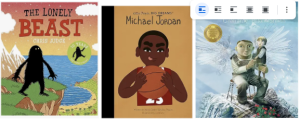
Inclusion and Support
We believe that every child can succeed in English. To make learning accessible and inclusive:
- We use Widget symbols to support vocabulary and understanding.
- Key vocabulary and concepts are pre-taught, helping children feel confident before lessons begin.
All lessons are scaffolded with visual aids, success criteria, modelled examples and shared writing. - Children who need extra support receive targeted interventions for phonics, fluency, comprehension, handwriting or spelling.
- Our reading books and class texts are chosen to reflect all children – with diverse characters, authors and themes.
A Love of Reading and Writing
From Nursery to Year 6, our children are surrounded by stories, rich language and opportunities to express themselves. We nurture a reading culture across the school through:
- Well-stocked book corners
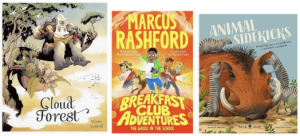
- Weekly library time
- Exciting reading displays
- Author visits and special events
- Reading Eggs, Reading Plus and Century Tech online reading platform
Children are proud to be authors too – and their work is regularly celebrated on classroom displays, in writing portfolios and in whole-school events.
Our English curriculum ensures that children leave our school as confident readers, writers, speakers and listeners. They develop the skills to communicate effectively, enjoy reading widely and write with purpose and creativity.
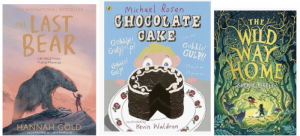
By the end of Year 6, our children:
- Read fluently and with understanding across a range of genres
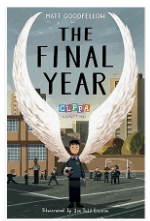
- Write clearly, accurately and imaginatively for different audiences
- Use rich vocabulary and understand how language choices impact meaning
- Speak confidently and listen respectfully to others
- Take pride in their writing and enjoy sharing their work
To ensure high standards across the school:
- We assess all writing pieces using writing assessment grids, so we can track each child’s progress and plan next steps.
- Senior leaders regularly review writing books and provide timely feedback to support high-quality teaching and learning.
- Teachers take part in termly moderation sessions led by Alison Philipson, an experienced writing moderator.
- All teachers take part in dedicated planning sessions, where they work with colleagues to design exciting and well-structured English units.
- Pupil voice is collected regularly to understand how children feel about their English learning. Their feedback is used to shape future lessons and make sure children remain engaged and motivated.
Our approach ensures strong outcomes and a deep enjoyment of English. Children leave our school with the confidence, creativity and communication skills they need for secondary school and beyond.
Our love for books extends beyond the English lessons. We use a text for our Monday assemblies, which are based on values. We are in the process of implementing No Outsiders, a text-based curriculum, as well as The Story Project, which will teach our children the PHSE and RE curriculum, again through beautiful picture books.

To find out more about your child’s English curriculum, please check the long term plan on the main ‘Learning‘ page of this website.
